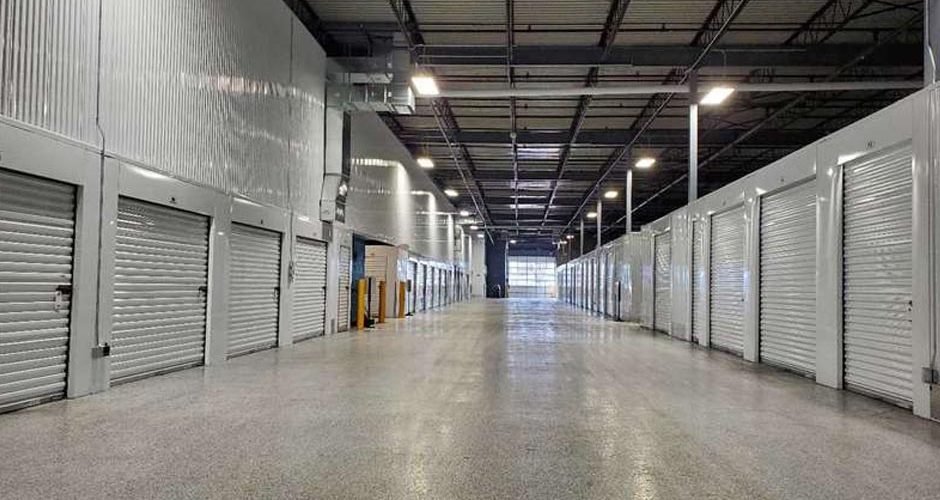Renting a storage space is a practical solution for individuals and businesses seeking additional room to store belongings, inventory, or seasonal items. However, the process requires thoughtful consideration to ensure a seamless and stress-free experience. From understanding your needs to assessing security features, here are essential points to keep in mind when renting a storage place. To know about one of the best storage facilities in town, click the link.
Table of Contents
1. Define Your Needs:
Before embarking on the search for a storage unit, clearly define what you need to store. Consider the size, type, and quantity of items you plan to store, as this will help determine the appropriate size and type of storage unit required.
2. Pick the Right Size:
Selecting the right size of storage unit is crucial. An excessively large unit may lead to unnecessary expenses, while an undersized one may result in cramped and inefficient storage. Most storage facilities offer a variety of unit sizes, so carefully assess your needs to choose the optimal size.
3. Location Matters:
The location of the storage facility is a critical factor. If you require frequent access to your stored items, opting for a facility closer to your home or business is advisable. However, if you don’t need regular access, a facility in a less expensive or less congested area might be a more economical choice.
4. Security Features:
Ensure that the storage facility prioritizes security. Look for features such as surveillance cameras, gated access, well-lit premises, and on-site personnel. A secure facility not only protects your belongings but also provides peace of mind.
5. Climate Control Options:
For items sensitive to temperature and humidity fluctuations, such as furniture, electronics, or documents, consider a storage unit with climate control features. Climate-controlled units help maintain a stable environment, preventing damage due to extreme weather conditions.
6. Check Accessibility:
Assess the openness options given by the storage company. Few facilities offer 24/7 access, & others may have unlike operating hours. Choose a facility with access hours that align with your needs to ensure convenience.
7. Review Lease Terms and Fees:
Carefully read and understand the lease terms before signing any agreement. Be aware of rental fees, late payment penalties, and any additional charges. Clarify the terms of the lease duration, and check if there are any discounts or promotions available.
8. Insurance Coverage:
While storage facilities implement security measures, unexpected events can still occur. Inquire about assurancechoices for your keptstuff. Some facilities offer insurance coverage, while others may require you to obtain your own renters’ insurance.
9. Customer Reviews and Reputation:
Study the status of the storing facility by analysingclient reviews. Online platforms and references from previous renters can provide insights into the facility’s reliability, cleanliness, and customer service.
10. Evaluate Cleanliness and Maintenance:
A well-maintained and clean storage facility is indicative of a professional and reliable service provider. Visit the facility in person to assess cleanliness, organization, and overall maintenance standards.
Conclusion
Renting a storage place can be a straightforward process with careful consideration and planning. By defining your needs, assessing security features, and understanding the terms of the lease, you can make informed decisions and ensure that your storage experience meets your expectations. Keep these points in mind, and embark on your storage rental journey with confidence and peace of mind.





